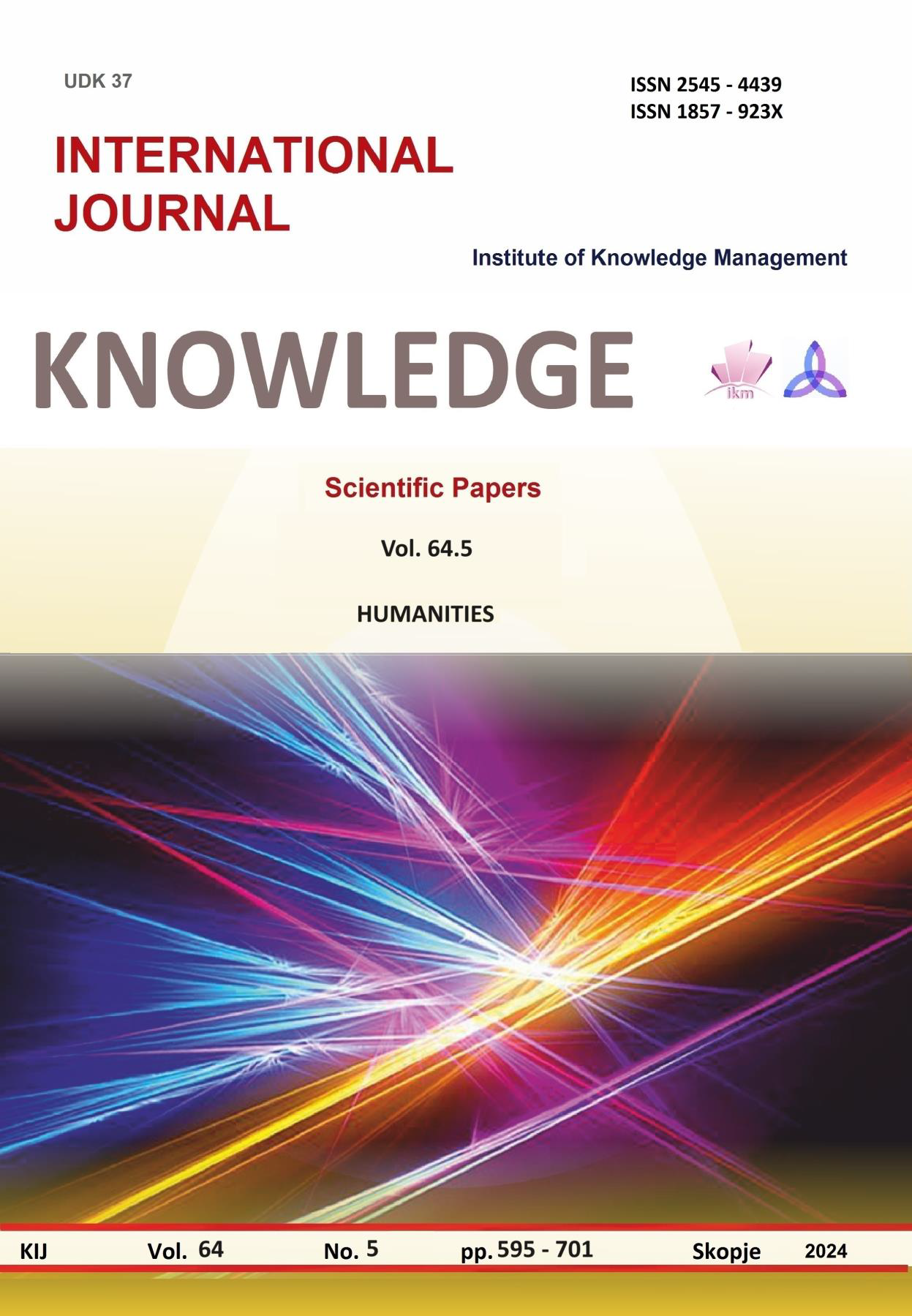THE TEACHER OF THE FUTURE: VISION AND SKILLS
THE TEACHER OF THE FUTURE: VISION AND SKILLS
Author(s): Iris KlosiSubject(s): Social Sciences, Education
Published by: Scientific Institute of Management and Knowledge
Keywords: EU directives;higher education;UNESCO guidelines;innovation;digital literacy;sustainability;inclusivity;global citizenship
Summary/Abstract: In the rapidly evolving landscape of higher education, the role of the teacher stands as a linchpin in shaping the minds of tomorrow's leaders and innovators. This abstract explores the imperative of cultivating a forward-thinking educator, adept at navigating the complexities of modern academia while aligning with the standards set forth by the European Union (EU) directives on higher education and the principles advocated by UNESCO. Central to this discourse is the delineation of a visionary framework for the teacher of the future. This framework encompasses a multifaceted skillset that transcends traditional pedagogical approaches, embracing dynamic methodologies that foster critical thinking, adaptability, and digital literacy. In the context of contemporary higher education, where digitalization and globalization are reshaping the learning environment, educators must possess the acumen to harness technology as an enabler of engagement and inclusivity. Furthermore, the alignment with EU directives on higher education underscores the necessity for teachers to be well-versed in the principles of quality assurance, mobility, and lifelong learning. As the EU continues to prioritize the harmonization of education systems, educators play a pivotal role in facilitating cross-cultural dialogue and fostering a spirit of collaboration and innovation. In tandem with EU directives, adherence to UNESCO guidelines serves as a compass for promoting equity, diversity, and sustainability within higher education. Educators are called upon to embrace inclusive teaching practices that cater to diverse learning styles and cultural backgrounds, thereby cultivating an environment conducive to holistic development and social cohesion. Ultimately, the cultivation of the teacher of the future demands a paradigm shift in educational pedagogy—a shift that champions innovation, inclusivity, and global citizenship. By embracing this vision and equipping educators with the requisite skills and competencies, higher education institutions can fulfill their mandate as catalysts for societal progress and sustainable development, in accordance with the principles espoused by the EU and UNESCO alike.
Journal: Knowledge - International Journal
- Issue Year: 64/2024
- Issue No: 5
- Page Range: 609-613
- Page Count: 5
- Language: English

